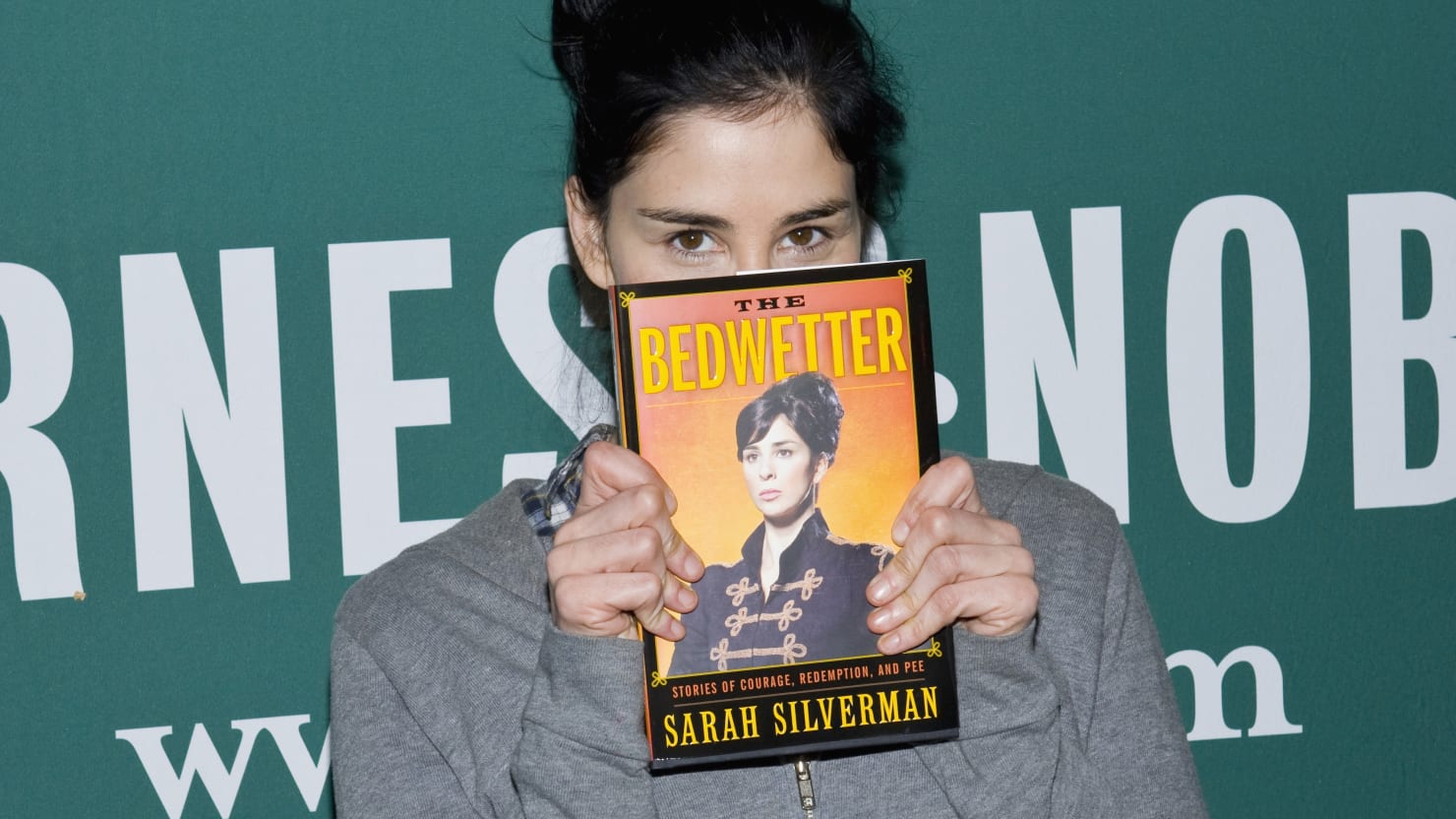Sarah Silverman is suing OpenAI and Meta—the creators of AI language models ChatGPT and LLaMA, respectively—for stealing information from her book The Bedwetter, according to a pair of lawsuits filed Friday in a U.S. District Court.
Silverman joins fellow authors Richard Kadrey and Christopher Golden in the class-action copyright lawsuits, which claim that that both ChatGPT and LLaMA were trained on their books without the writers’ permission. The suits also allege that the models were likely fed the books from “shadow library” databases like Library Genesis and Z-Library.
“The books aggregated by these websites have also been available in bulk via torrent systems,” one suit claims, adding that, “these flagrantly illegal shadow libraries have long been of interest to the AI-training community.”
Exhibits attached to the OpenAI suit show that ChatGPT summarizes the authors’ books when prompted, producing a “derivative” work of virtually any copyrighted source.
“If a user prompts ChatGPT to summarize a copyrighted book, it will do so,” the suit claims.
Most damningly, both suits suggest that the mere existence of these AI models are illegal under the Copyright Act since they need to be fed with potentially copyrighted information in order to work as anticipated.
The OpenAI suit questioned “whether ChatGPT itself is an infringing derivative work based on Plaintiffs’ copyrighted books.”
Similarly, the Meta suit alleges that the LLaMA models are “themselves infringing derivative works,” since they “cannot function without the expressive information extracted from the Plaintiffs’ Infringed Works.”
While these class-action suits only include the three plaintiffs, they allege that “there are at least thousands of members in the Class” around the United States whose copyrights are potentially being violated by the AI language models.
Lawyers at the Joseph Saveri Law Firm and attorney Matthew Butterick, who are representing the three authors, did not immediately respond to requests for comment from The Daily Beast.










